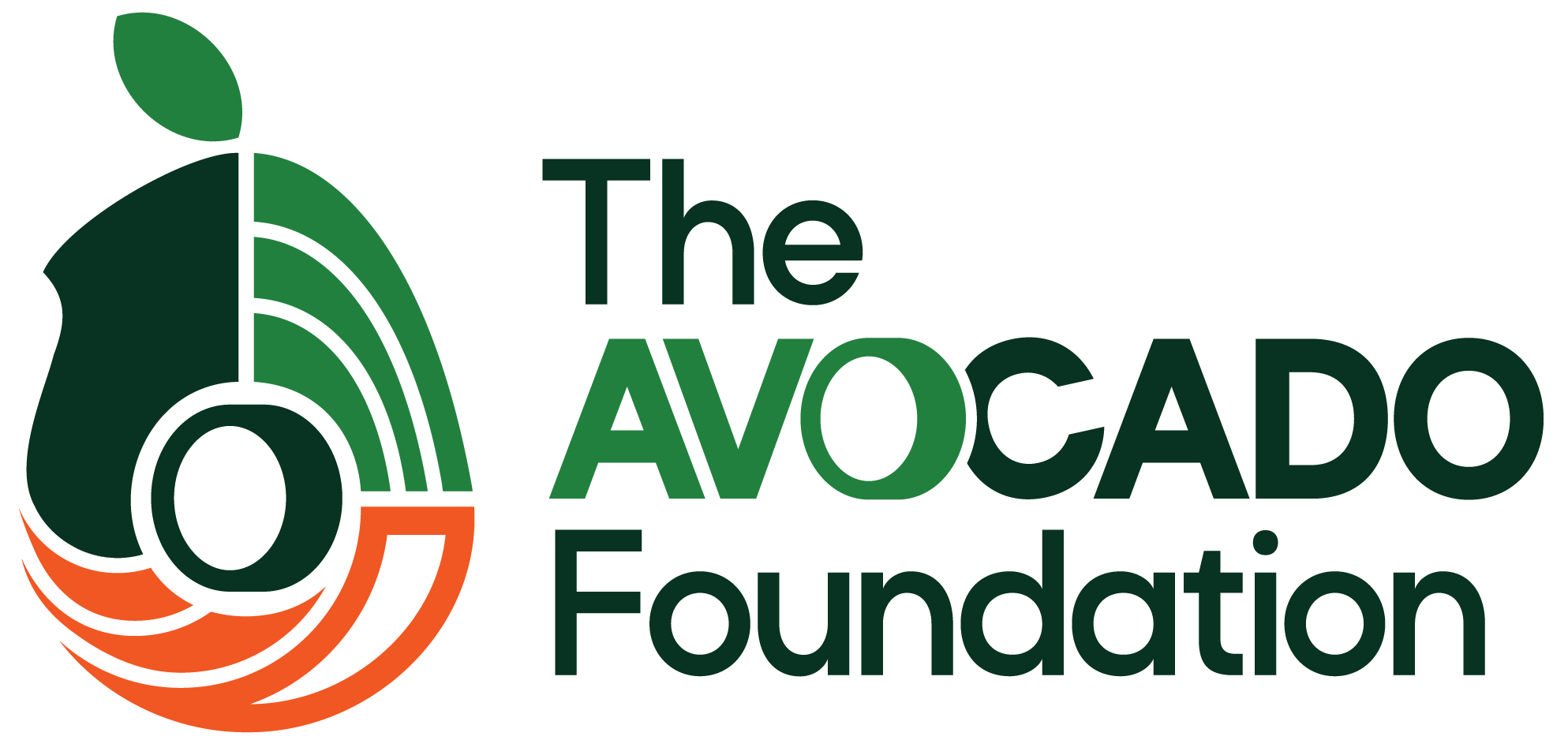Some say your undergraduate years are the best years of your life, your adult life officially starts, and the money habits you pick up will shape your financial future. We’ve created a survival checklist for students to help them maximise their resources and avoid debt after school.
✔️ Set SMART financial goals
It is never too early to start preparing for your financial future. Setting SMART financial goals is a good start. It mustn’t be prefect; it is a helpful guide to set you up for success. You can gradually tweak it during your undergraduate years. For example, laying out plans to pay off debt after graduation will make you prioritise spending, pay bills on time and check on your progress.
✔️ Start Budgeting
In simple English, budgeting means tracking. This is a realistic plan to control your expenses in college. There are a lot of things to track in school, from purchases of study items to hangout funds. Start by identifying all expected expenses and income, then compare both. If expenses is more than income, consider reviewing your lifestyle and prioritising spending. Budgeting prevents impulse spending, encourages saving and helps you plan for the financial future. We talk about budgeting, saving and how to prioritise spending a lot of time on the BonsaïBriefs podcast and our social media accounts.
✔️ Earn Extra Cash
Student funds are always limited. If you are thinking of having an extra source of income, consider getting a student job at your university, starting a side hustle, a paid internship, a part time job or becoming a freelancer or content creator. Before choosing a job consider the benefits, whichever income stream you choose, ensure it doesn’t overlap with your lectures or study time. You also want to conversate with the tax laws and student tax codes. Once you start earning extra income, its helpful to start saving, budgeting, tracking your expenses and investing if you have the funds.
✔️ Using Credit Cards
Credit cards can either be helpful or turn into a future debt burden. Credit cards should be used for emergencies and paid off regularly. Before choosing a credit card, here are some things you want to double-check: compare interest payments, compare annual fees, how interest is computed, and fees charged for late payments. All this varies depending on the issuer. Look for the issuer that offers the best deal. It’s good practice to review all transactions made on your credit card. This helps you keep track of your expenses. In the UK, you can get your free credit report from Experian or ClearScore.
✔️ Student Accounts
Take time each month to balance your bank account, look for discrepancies and alert the bank if you find any. It’s good practice to keep a personal record of all your financial activities on that account, it makes it easier to notice these mistakes, and you’ll always be aware of how much money you have left in your account. If you don’t have a university student account, consider setting one up. Banks offer similar services; however, there are different benefits. Pay attention to the costs and features of each package before making a choice.
✔️ Investing
If you have some extra cash, you could opt to invest that money. You don’t need to have a lot of money before you start investing. Start small and try out things like crypto, stocks or real estate. Before opting for any investment, be sure to do research to know how the market works. You’ll find unlimited resources on Google, Youtube, and social media, or you could take short, affordable or free courses to gain a clear understanding.
✔️ Loans, Grants and Scholarship
Applying for scholarships or grants saves you money. Getting grants is good financial aid for students; it doesn’t need to be repaid. Look for grants that you are eligible for and apply.
Are you a STEM student living in the UK, interested in improving your digital and technical skills by gaining hands-on work experience while making a difference?
Join our Tech for Good Summer Internship Programme happening July-August! Help nonprofits with digital transformation by building and revamping websites. You’ll be mentored by top tech pros at Engineers Without Borders, improve your skills, and network with like-minded individuals.
Don’t miss out, Register Now!
For more actionable and simplified tips on how to manage your money, listen to BonsaïBriefs, our one-minute podcast helping you become financially literate. Follow us on Instagram and TikTok @BonsaïMoney
